
OR
#Editorial
Addressing the worrying trend of brain drain
Published On: July 5, 2023 07:30 AM NPT By: Republica | @RepublicaNepal

In a worrying development, it has been revealed that over 740,000 individuals obtained permits for foreign employment in just 11 months of the current fiscal year. This staggering number not only highlights the increasing trend of Nepali migrant workers seeking opportunities abroad but also points to a growing disenchantment among the country's youth. Furthermore, this figure does not even account for the significant exodus of young people leaving Nepal to pursue higher studies in various countries. It is high time for the government to take concrete steps to address the brain drain issue and tap into the immense potential of the youth within the country. The fact that an average of 2,044 individuals are leaving the country daily in search of employment opportunities abroad is a cause for concern. This massive outflow of human capital has far-reaching implications for the nation's development and progress. While it is true that foreign employment has been a source of livelihood for many Nepali citizens, the continued reliance on this as the primary means of economic sustenance is unsustainable in the long run. It is essential to create an environment that encourages job creation and economic growth within the country, providing opportunities for the youth to thrive and contribute to the nation's advancement.
The surge in the number of individuals seeking foreign employment can be traced back to the emergence of the Maoist insurgency. Over the years, the allure of working abroad has continued to increase, particularly after the devastating 2015 earthquake. Economic instability, political uncertainty, and limited prospects for professional growth have pushed many young Nepalis to seek greener pastures abroad. This trend not only reflects the dissatisfaction with the current political leadership but also underscores the need for immediate action to address the underlying issues that contribute to this disenchantment. It is crucial for the government to understand that the brain drain phenomenon is not merely an economic loss but also a loss of potential. The youth possess immense talent, skills, and innovative ideas that, if harnessed effectively, can transform Nepal's socio-economic landscape. However, this potential remains largely untapped as the brightest minds choose to seek opportunities abroad. The government must prioritize investing in education, creating an enabling environment for entrepreneurship, and fostering innovation to retain and attract the youth within the country.
While traditional labor destinations such as Malaysia have been popular among Nepali migrant workers, there is a growing attraction towards European countries such as Romania, Croatia, Cyprus, and the UK. Additionally, it is disconcerting to note that many individuals enter countries on visit visas and engage in illegal employment or claim refugee status, further exacerbating the brain drain issue. The government needs to enhance collaboration with destination countries to ensure that Nepali migrant workers are provided with fair employment opportunities, protection of their rights, and avenues for skill development. To curb the brain drain and create a conducive environment for the youth, the government must implement a multi-faceted approach. Firstly, it should focus on creating an inclusive and robust education system that provides quality education and vocational training, aligning it with the evolving needs of the job market. This will equip young Nepalis with the skills required for a competitive workforce, reducing their reliance on foreign employment. Secondly, the government should promote entrepreneurship and innovation by providing financial incentives, business development support, and mentorship programs. Encouraging young people to start their own ventures will not only contribute to job creation but also foster a culture of creativity and self-reliance.
Thirdly, the government should prioritize good governance, transparency, and accountability to restore the trust of the youth in the political leadership and the overall system. Addressing corruption, improving the business climate, and ensuring equal opportunities for all will go a long way in restoring the faith of young Nepalis in their country. Lastly, the government should establish stronger ties with the Nepali diaspora, encouraging them to contribute to the nation's development by providing expertise, investment, and mentorship opportunities. Engaging the diaspora will not only strengthen their connection to their homeland but also create avenues for knowledge exchange and collaboration. In conclusion, the escalating number of individuals obtaining permits for foreign employment is a clear indication of the growing disenchantment among Nepali youths towards the current political leadership and the country as a whole. It is imperative for the government to take immediate action to address the brain drain issue and tap into the immense potential of the youth within the country. By investing in education, promoting entrepreneurship, ensuring good governance, and engaging the diaspora, Nepal can create a brighter future, retaining its young talent and realizing its true potential as a nation.
You May Like This

Brain Drain: A Concerning Trend in Nepal
One of the primary factors driving Nepali students to study abroad is the limited availability of higher education opportunities within... Read More...

Addressing Nepal's Brain Drain
In recent years, Nepal has been facing a grave challenge as a growing number of students choose to pursue higher... Read More...

Trump’s brain drain
The unwelcoming atmosphere—epitomized by Trump’s notorious travel ban—is deterring a growing number of first-rate students from pursuing higher education... Read More...
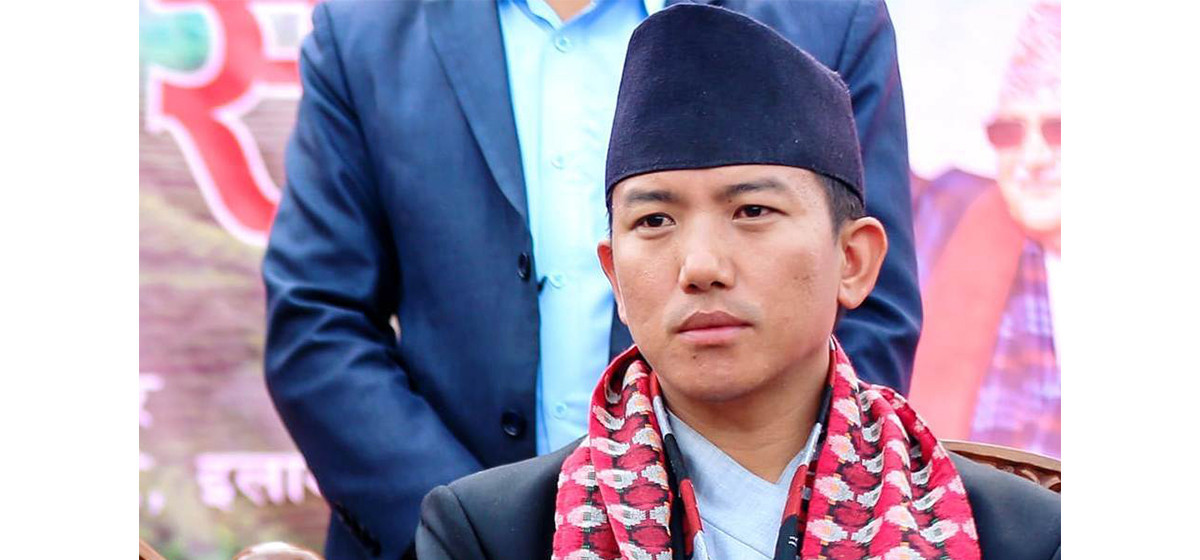

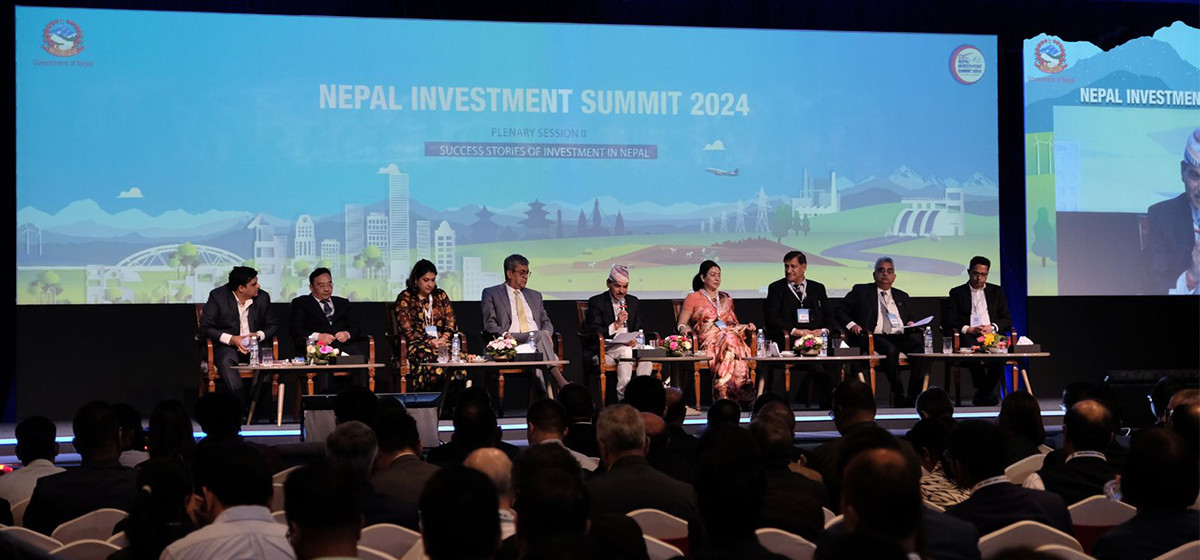



Just In
- NOC reduces prices of diesel and kerosene; increases prices of aviation fuel
- Newly-elected HoR member Nembang pledges to value ballots
- Parliamentary committees call for quorum rule revision
- Third Session of Karnali Province prorogued without passing any bill
- Embassy of India in collaboration of IBN and NICCI organizes Post Investment Summit India-Nepal B2B meeting
- NEPSE rises by 25.93 points, daily turnover surges to Rs 4.80 billion
- Suhang Nembang's journey from a lawyer to a lawmaker
- Book containing speeches of Narendra Modi published in Nepali language





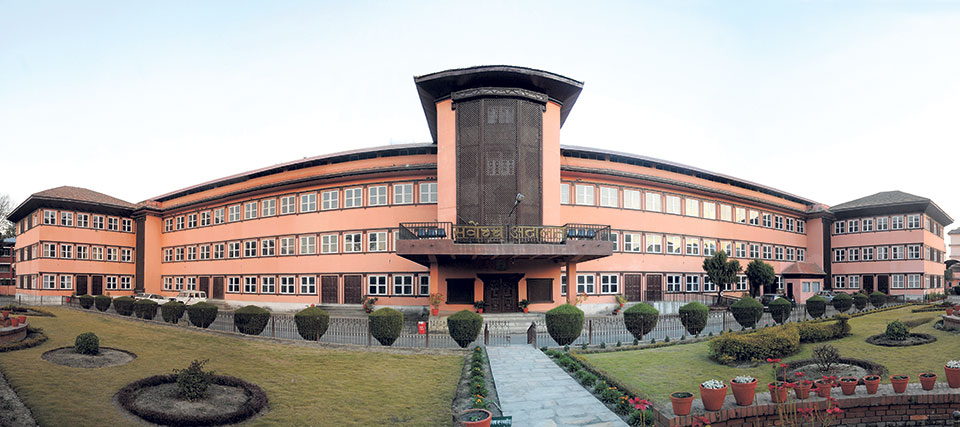

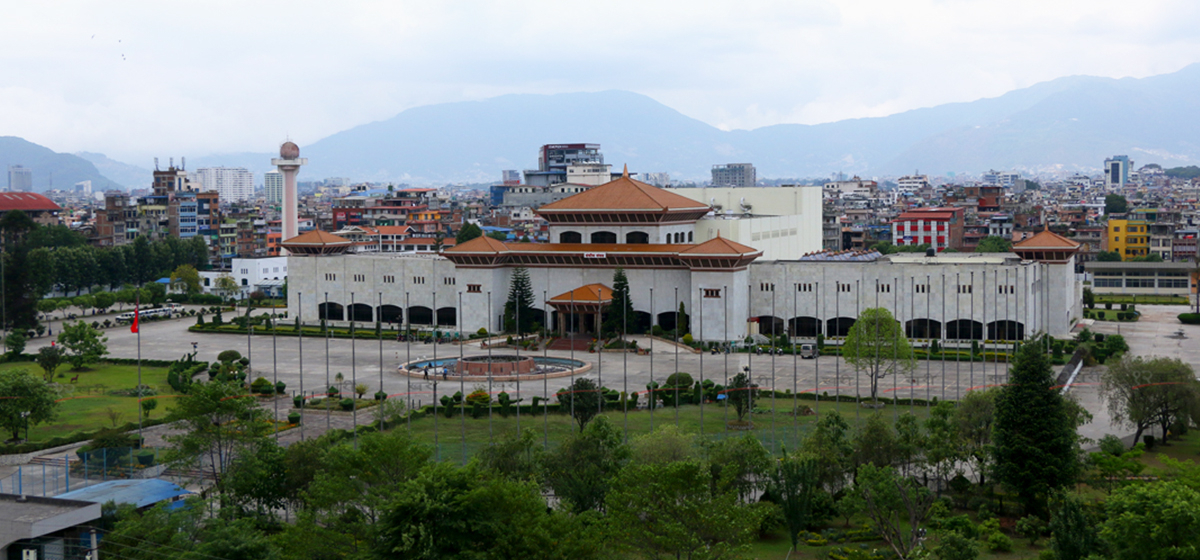
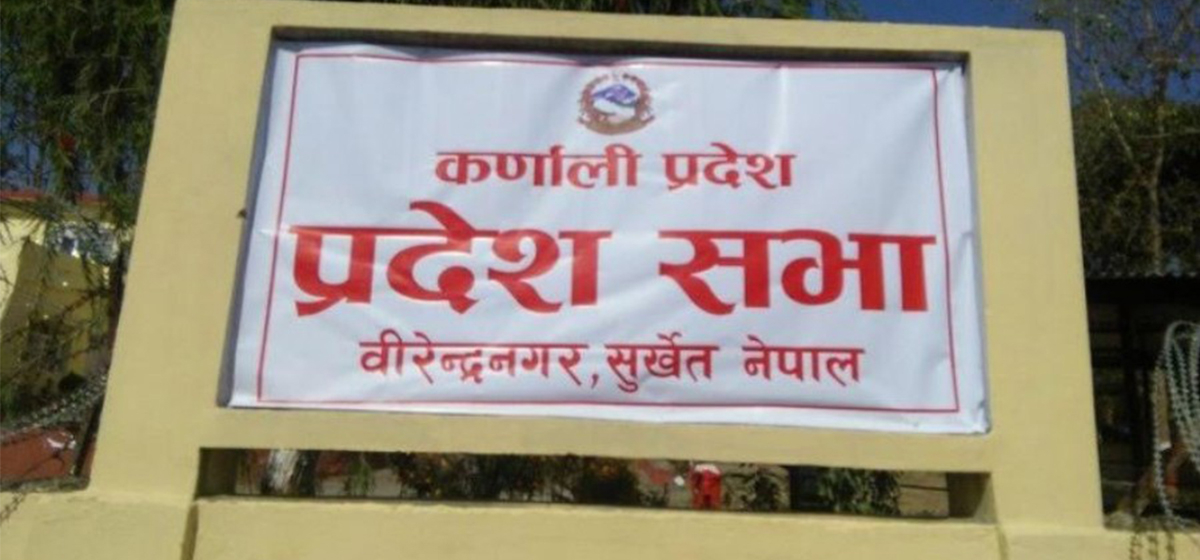

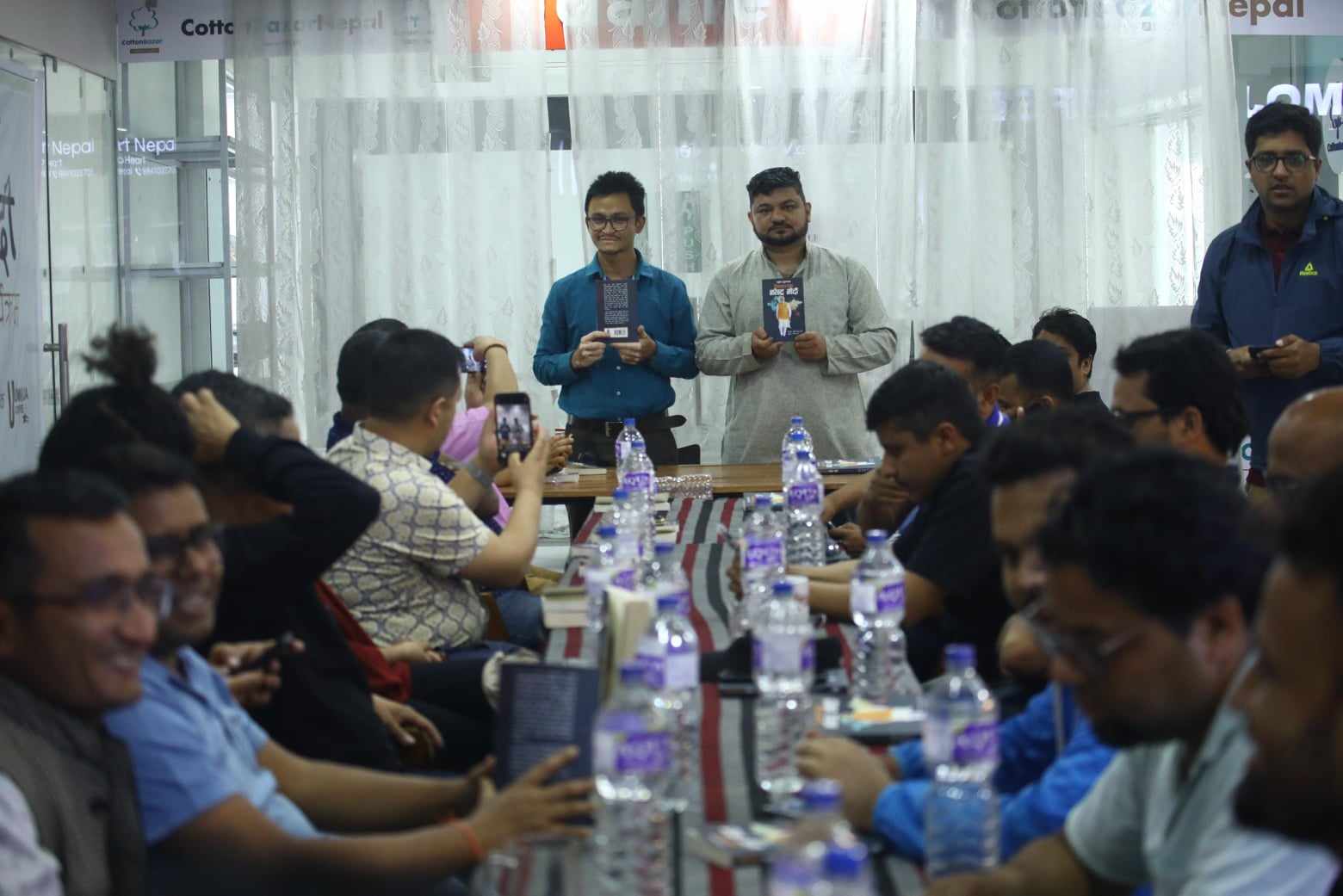
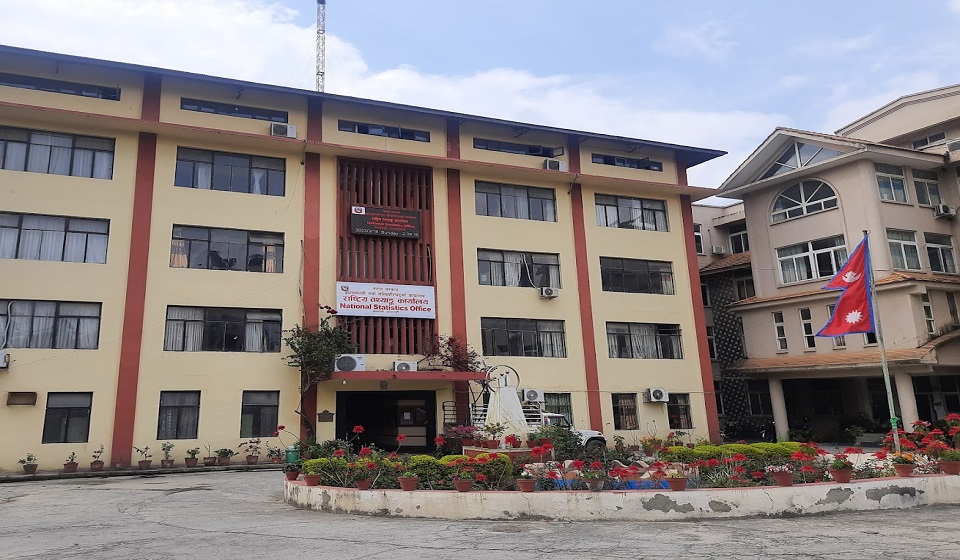
Leave A Comment